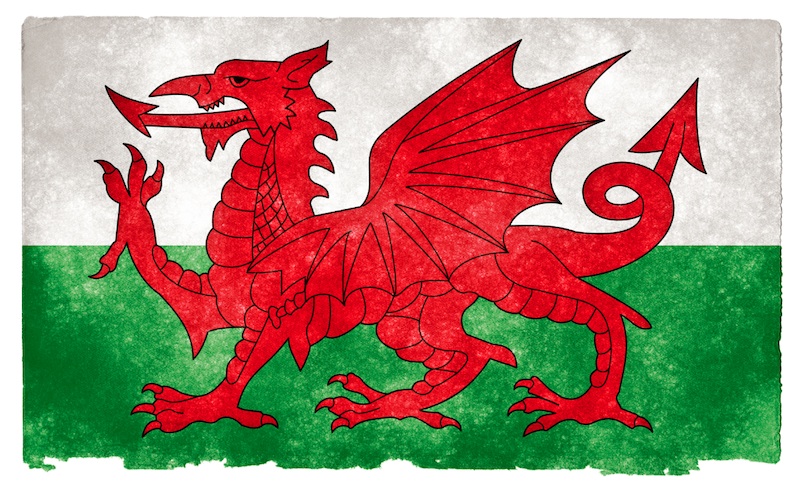This series is being run by a young Brit who lived in Belgium for 19 years and now resides in Cardiff, known on theSprout as Ironfoot. The aim? To inform and involve other young people in this once-in-a-generation debate from many important and interesting perspectives. See bottom to get involved!
The EU referendum is just around the corner and will decide the future fate for Britain on its European Union Membership, with team Brexit (British Exit) wanting to leave the EU and team Bremain (Pro–EU) wishing to stay. With nine days to go, there are still a lot of questions to be answered, especially around British expats.
This article is the third interview of my trip to Brussels, capital of Belgium, to interview British Expats on their personal views and to find out if they are affected by the EU Referendum.
https://www.youtube.com/watch?v=oCvx8dgTKYs&feature=youtu.be
The interviewee
Rhodri has been living in Brussels for over 20 years and he has been working for the European Commission since 2000. He lived in Sweden in Gothenburg, working when Sweden was not part of the Europe, before settling in Belgium. He worked in the translation service.
The 15-year ban
Rhodri considers himself to be a Welsh/UK expat and he declared that he cannot vote in the referendum since he has lived more than 15 years outside of the UK. For the young readers, the 15-year ban is a law that prevents any UK expat who lives outside for over 15 years to vote in any political election, including the referendum. According to the article, EU immigration to the UK on the blog site, full fact, written by Joseph O’Leary, there are over 1.2 million British expats living in Europe like Rhodri. A lot of them are upset over this law and wish to vote in the EU referendum, which will impact their lives in one way another.
Rhodri also explains that the UK is the only EU member state out of the 28 official EU members that doesn’t grant its citizens living outside the right to vote in elections in the UK. He then goes on to say that if Brexit wins the vote on the referendum, Wales – which has traditionally been a poor nation but has changed and grown thanks to funding by the European Union and the Welsh Assembly – could be at risk.
So, how much has Wales changed since joining the European Union?
In one question, I posed to him: From your experiences of living in Wales, since the UK joined the European Union in 1973, how much has Wales changed over the last few decades?
“Today, when I go back, I see all sort of nationalities in my village in Wales. There are lots of Polish workers and other workers from eastern Europe. There are all sorts of foreign goods in shops. Personally, I find it very interesting and a more cosmopolitan feeling in Wales generally, and I find it a very positive thing.”
Image source: flickr cc.
The Welsh Society in Brussels
He is also the chairman of the Welsh Society in Brussels, an organisation set up by Welsh expats living in Belgium to hold social events and parties. The organisation is open to new people from Wales or with a Welsh background to be part of a community.
Rhodri explains some of the activities the society does: “We are specifically a social organisation – we are certainly not a political organisation or a lobbying organisation. We hold regular meetings at least once a month, we socialise and we talk about issues in general, about Wales, what we happen to be doing, etc”.
Towards the end of the interview, he confessed that a lot of the Welsh expats are worried about the referendum, but there are some who do support Brexit for their own reasons.
If you wish to watch the full interview, please watch the video above.
Related Film & All Series Articles:
Exclusive Film: The UK’s Relationship With The EU
EU Referendum #2 | Interview: What Will Happen To The EU Students If Brexit Wins?
EU Referendum #3 | Interview: Brexit Would Be Good For International Students
EU Referendum #4 | Interview: Why British Expats In Europe Should Be Given The Vote
EU Referendum #5 | Interview: How Will The Arts & Disabilities In Cardiff Be Impacted?
EU Referendum #9 | Interview: How Will The Erasmus Programme Be Impacted By The EU Referendum?
EU Referendum #14: Interview: Derek Vaughan, Labour MEP
In a muddle about voting? Check out our BRAND NEW Voting page in our Info section here. Includes handy tips on what to do if you’re too young to vote.
Get Involved:
Want to reach thousands of young Cardiffians? Submit your news here or register to become a contributor.
*Want to become a reviewer? Join the Sprout Editorial Group on Facebook or email tom@thesprout.co.uk.
The next Sprout Editorial Group meeting is Thursday 30th June 2016 in Cardiff Central Library.
Cover image credit: flickr cc.





